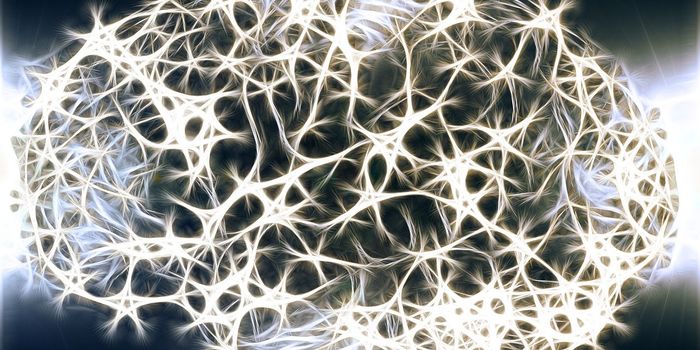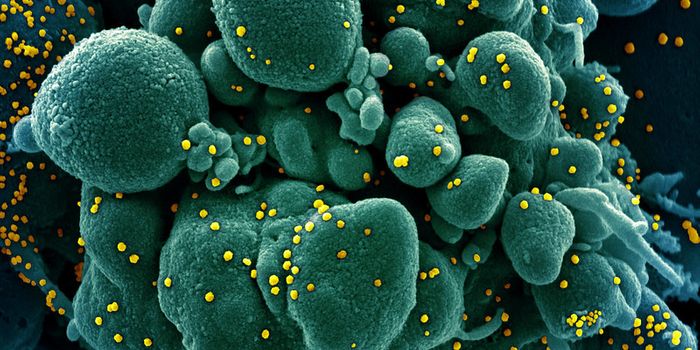myTAIHEART Blood Test and Biopsy of Heart Transplant Recipients
Transplant rejection is a process where the immune system of the patient consider the donor's organ as foreign and rejects them. The patient's immune system detects the antigens on the cells of the organ as different or not "matched."
Transplant rejection is the critical determinant of patient outcome, and routine monitoring is necessary to detect rejection. Tissue biopsy is the standard monitoring tracker for organ rejection status. Tissue biopsies present risks to the patients and are painful, subject to sampling error, and expensive for the patient and healthcare system.
The researchers identified an effective and sensitive method of myTAIHEART tests for monitoring organ status rejection. The myTAIHEART® quantitatively genotype cell-free DNA (cfDNA) in the patient’s plasma. The test directly measures organ injury through the identification and quantification of donor-specific cell-free DNA released from damaged cells in the patient’s blood.
What is myTAIHEART®?
- myTAIHEART® test is a laboratory-developed test to analyze the release of donor-specific cell-free DNA in the blood of heart transplant patients before and after receiving heart biopsies.
- It is available for use in post-transplant monitoring of pediatric (2 months of age or older) and adult heart transplant patients (at least 1-week post-transplant ≥7 days).
- The myTAIHEART® test is performed with a small blood sample and does not require tissue biopsy.
- The test helps in identifying heart transplant recipients who have a low probability of moderate/severe acute cellular rejection at the time of testing in conjunction with standard clinical assessment.
The researchers confirmed the effectiveness of myTAIHEART® test by conducting a clinical study on the "Effect of endomyocardial biopsy on levels of donor-specific cell-free DNA." The study is published jointly by Steven Zangwill, MD, Karl Stamm, Ph.D., Mats Hidestrand, Ph.D., Aoy Tomita-Mitchell, Ph.D., and Michael Mitchell, MD. in the October 2019 issue of The Journal of Heart and Lung Transplantation.
The clinical study included 20 paired samples. The study analysis indicated that the standard biopsy causes significant injury to a transplanted heart. myTAIHEART® test, developed by TAI Diagnostics, Wauwatosa, WI, determined the quantities of total and DF (%) cfDNA levels.
How does myTAIHEART® test work?
myTAIHEART® distinguishes “donor-specific” cfDNA originating from the engrafted heart versus “self-specific” cfDNA originating from the recipient’s native cells. The myTAIHEARTtest reports the ratio of donor-specific cfDNA to total cfDNA as the donor fraction (%) (DF). DF serves as a marker of cardiac injury in transplant patients receiving heart biopsies.
- The patients with low donor fractions indicate less damage to the transplanted heart and a lower risk for rejection.
- The patients with increased donor fractions indicate more damage to the transplanted heart and an increased risk for rejection.
The myTAIHEART® test is exquisitely sensitive to injury to the donor organ,” said Dr. Aoy Mitchell, co-author, and co-inventor of the test.
Source: JHLT, myTAIHEART








